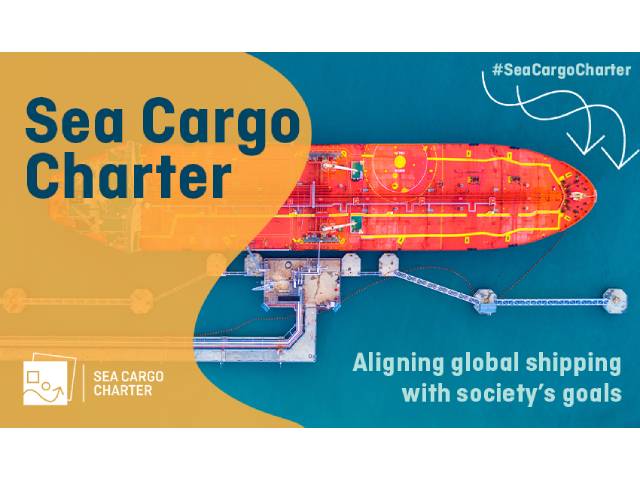Torvald Klaveness and Klaveness Combination Carriers (KCC) are proud signatories of the Sea Cargo Charter. An industry initiative that will set a new benchmark for responsible shipping, transparent climate reporting, and improved decision making in line with the United Nations decarbonisation targets.
Together with some of the world’s largest energy, agriculture, mining, and commodity trading companies we commit ourselves to assess and disclose the climate alignment of our shipping activities. A necessary step towards reducing the global footprint of the shipping industry.
KCC has already started this work through launching an environmental strategy with ambitious goals, where they aim to reach carbon neutral operation within 2030 and cut the carbon emissions of its business to zero within 2050.
Lasse Kristoffersen, CEO and President of Torvald Klaveness said, “Decarbonization is the main task of our generation. To succeed with this, businesses need to take the lead, drive the agenda and not least systematically cut their emissions. The Sea Cargo Charter initiative is a perfect platform for Torvald Klaveness to reduce the emissions of the supply chains we take part in.”
With more than 80 % of the world’s trade carried by sea, the shipping industry is a large contributor to the world’s emissions of greenhouse gases, and in the face of major climate challenges, we need to act now.
CEO of Klaveness Combination Carriers, Engebret Dahm said, “The Sea Cargo Charter is an important leap forward in moving the shipping industry towards a low-carbon future. Only by tracking, reporting and benchmarking its carbon emissions the industry will take the needed decarbonization steps”.
Favouring climate-friendly transport solutions
The Sea Cargo Charter provides a global framework to bring climate considerations into chartering decisions, to favor climate-aligned transportation. It establishes a common baseline to quantitively assess and disclose whether shipping activities are aligned with adopted climate goals.
It is consistent with the policies and ambitions adopted by member states of the International Maritime Organization (IMO), a specialized agency of the United Nations responsible for regulating shipping. The intention is that the Sea Cargo Charter will evolve over time in alignment with IMOs adjustments of its policies and regulations. The signatories also aim to support other initiatives developed to address the climate, environment and social risks in shipping such as the Poseidon Principles.









































